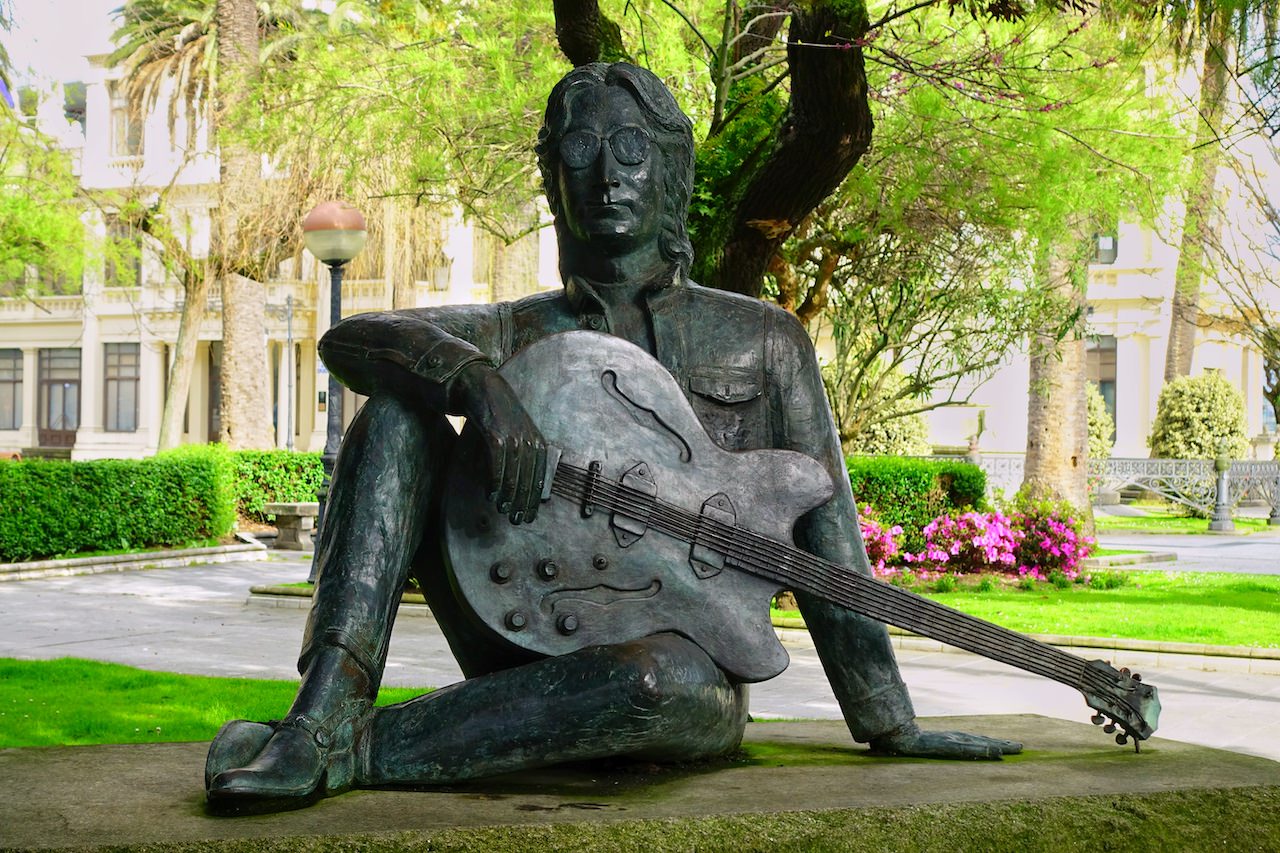
03 Sep John Lennon, Chuck Berry and Creative Conflict Resolution
by Dan Dooley for Ex Juris ADR Centres
In a September 2001 article in Mediate.com entitled “Developing Creativity and Intuition for Resolving Conflicts: The Magic of Improvisation”, Debra Gerardi wrote that “resolving conflict demands creativity” and “improvisation requires you to be open to the ideas of others”.
Peter Doggett’s book entitled “You Never Give Me Your Money, the Beatles after the breakup” (HarperCollins Publishers, 2010) includes reference to an improvised, creative resolution to a lawsuit filed against John Lennon for his song “Come Together” by Big Seven Music, owner of Chuck Berry’s song “You Can’t Catch Me”.
“Here come old flat top, He come groovin’ up slowly”. Lennon said that reference to “old flat-top” in the first line of Come Together was a tribute to Chuck Berry. In “You Can’t Catch Me” Chuck Berry had written of driving along the New Jersey Turnpike while being overtaken by “some dudes with crew cuts (flat tops) who pulled alongside and passed us, waving.” Berry sang: “Here come a flat-top, he was moving up with me, Then come waving good-bye in a little old souped-up jitney”.
Actionable plagiarism? Or was it non-actionable, as a tribute or otherwise?
Did John Lennon’s intentional appropriation of Chuck Berry’s “flat top” hairstyle reference really amount to actionable plagiarism? Or was it non-actionable, as a tribute or otherwise? According to Peter Doggett: “Music publishers find it easier to calculate money than gestures and Lennon was sued for plagiarism.”
Lennon knew that George Harrison was involved in litigation over My Sweet Lord. He and his former bandmates were also involved in numerous lawsuits (described in Mr. Doggett’s book), including with each other. There was no end in sight and the financial outcomes were uncertain. (George Harrison would eventually lose the My Sweet Lord lawsuit. But the damages awarded arguably did not justify more than a decade of costly litigation after My Sweet Lord was released – surely a “lose-lose” result).
The opportunity for a creative solution to the Big Seven Music lawsuit against John Lennon arose when Lennon decided that the easiest way to fulfil his contractual obligation to produce a certain number of post-Beatles record albums was by recording a collection of “oldies” for what would eventually become his 1975 “Rock ‘n’ Roll” album produced by Phil Spector.
According to Peter Doggett, Lennon had agreed before recording his 1974 Walls and Bridges album that in exchange for a dismissal of Big Seven Music’s plagiarism lawsuit against him he would include three Chuck Berry-written songs on a future album. Lennon had not done so on Walls and Bridges, but another opportunity to fulfil this commitment arose when Lennon recorded his “oldies” album in October 1974.
It was a true “win-win”
Apart from the compromise, if any, of his creative freedom, Lennon would not have foreseen suffering a financial or other loss. He had to have anticipated that his “oldies” album would sell on the strength of his reputation no matter which songs he sang on the album (this proved to be true; the album rose to number six on the United Kingdom and number five on the Canadian record charts). The owners of Big Seven Music presumably anticipated that the royalties from three songs on a John Lennon record album would exceed the monetary damages likely to be awarded at an uncertain future date by a court, even if they could establish the plagiarism claim, and the royalties would certainly be received sooner than the case would be adjudicated.


